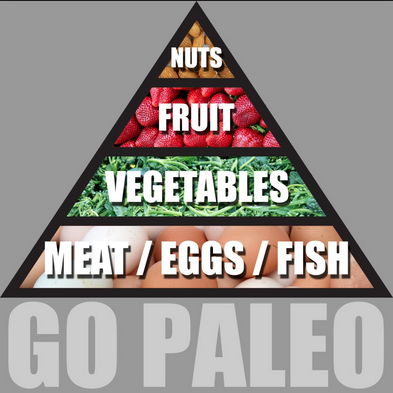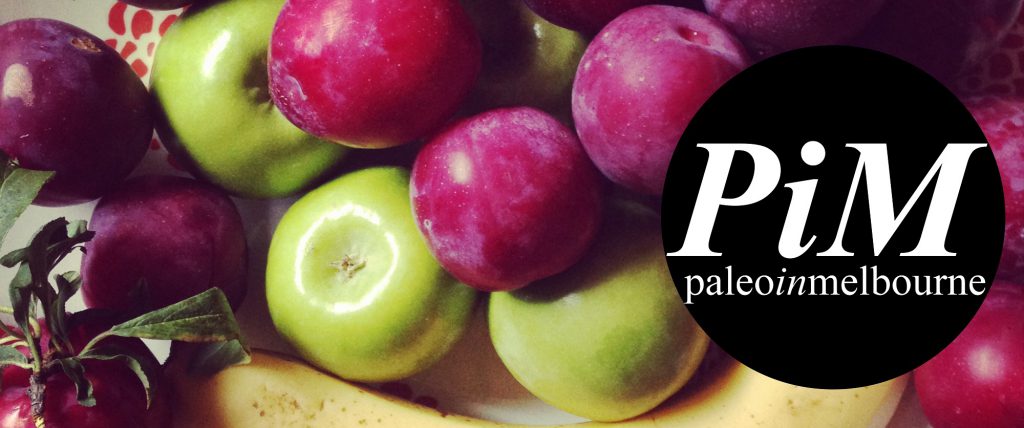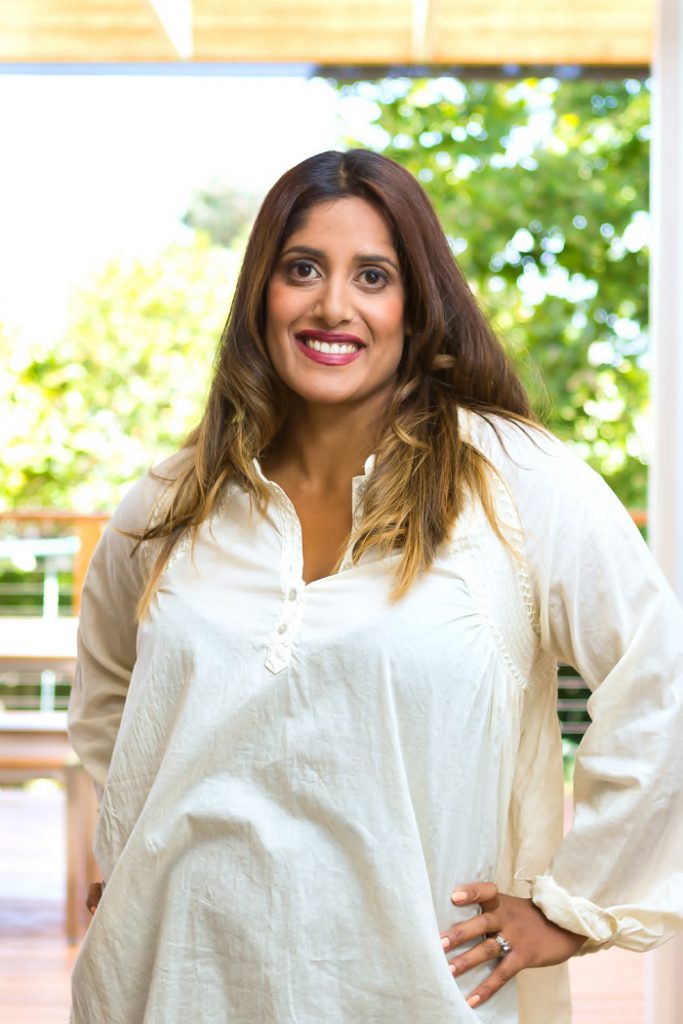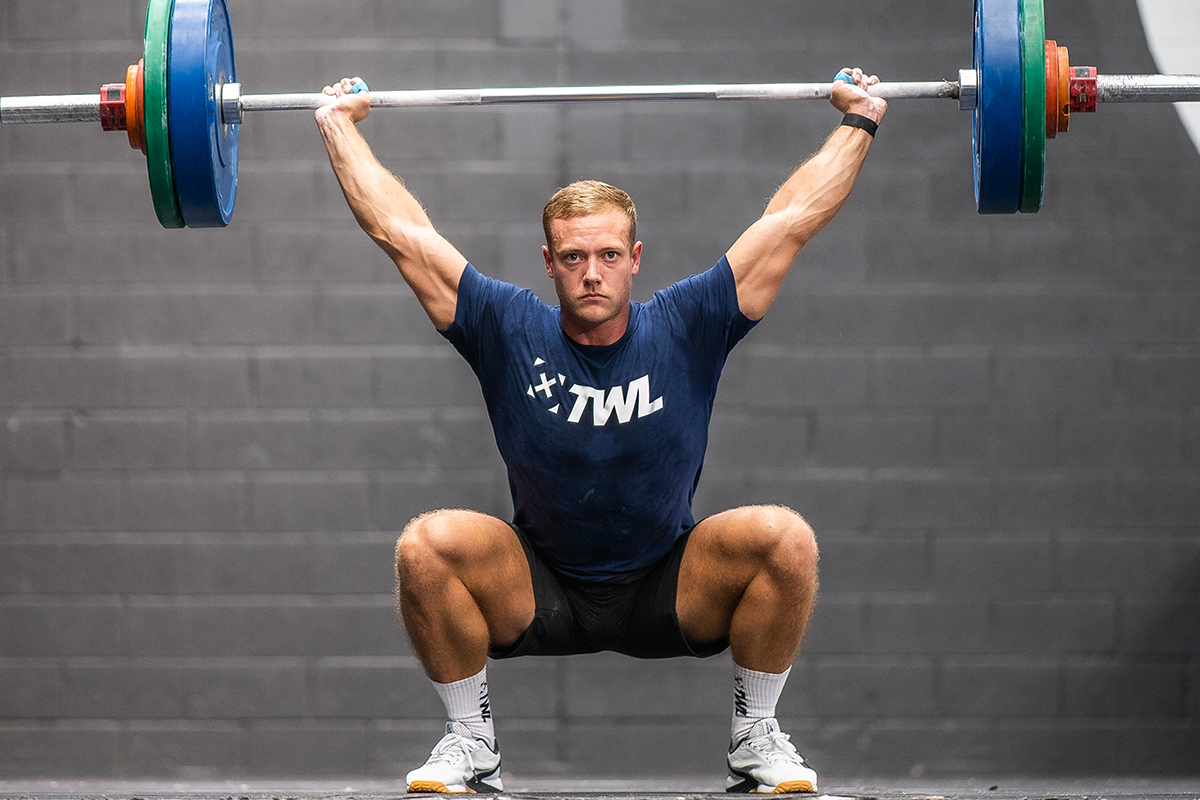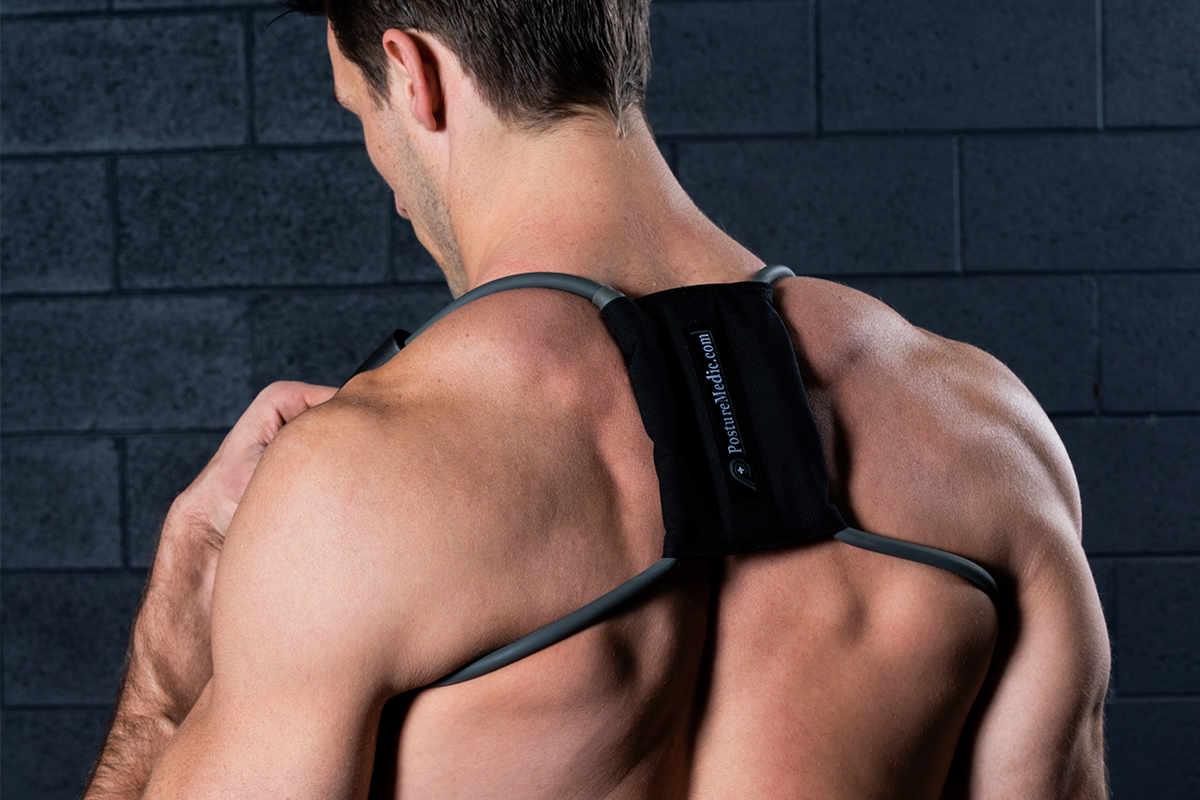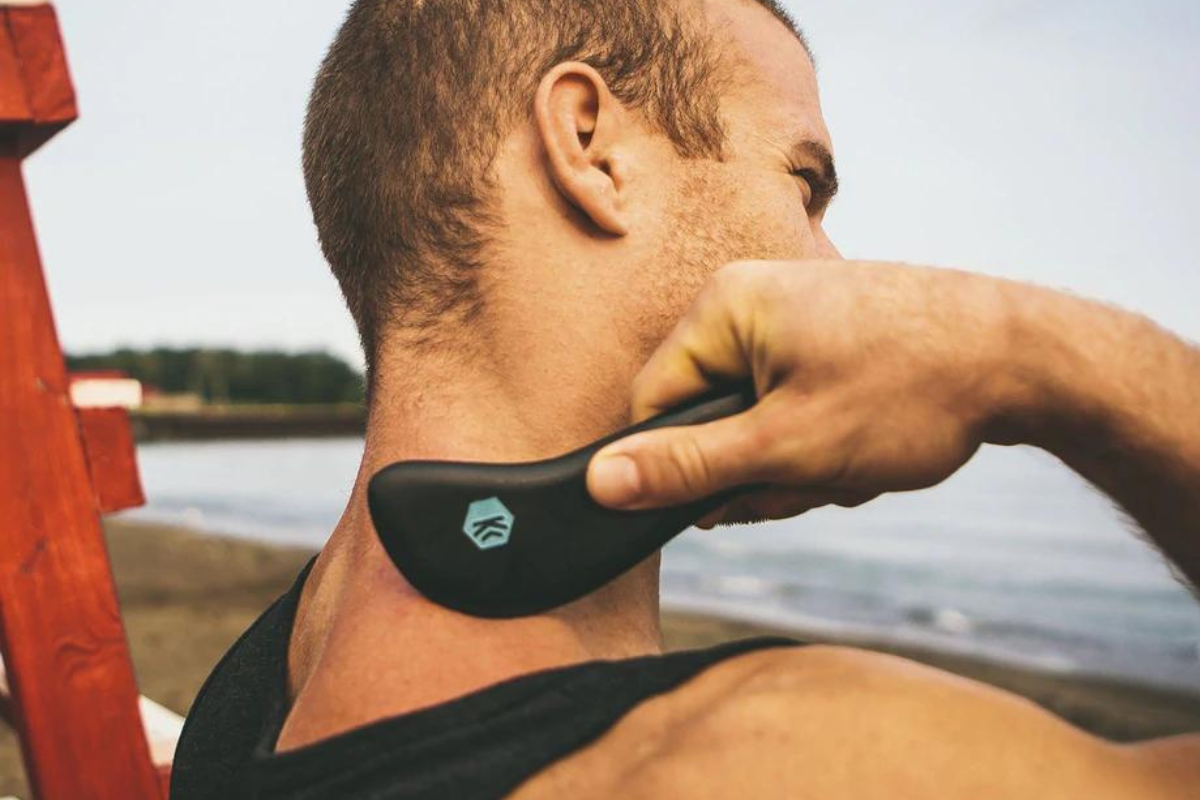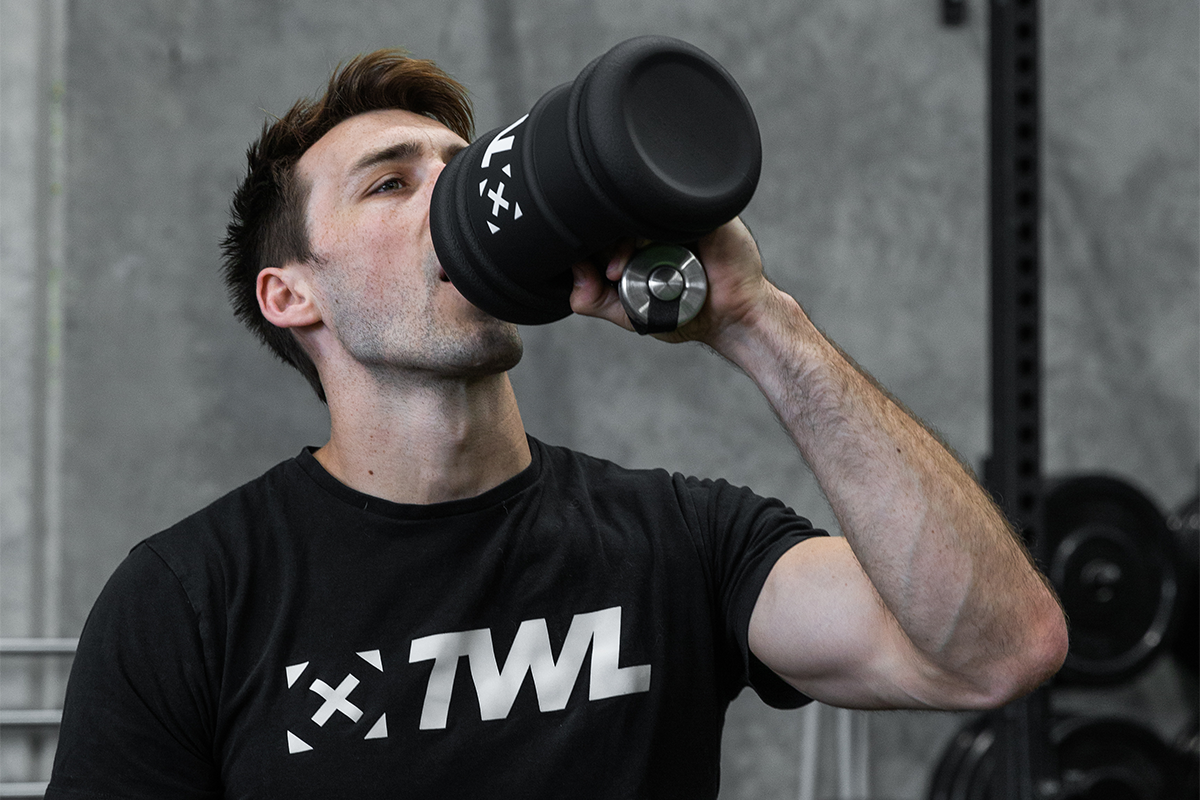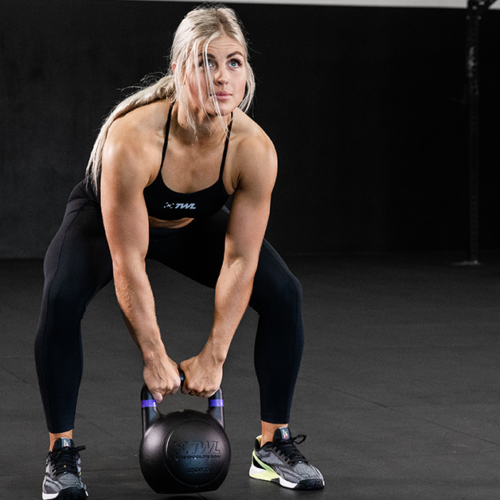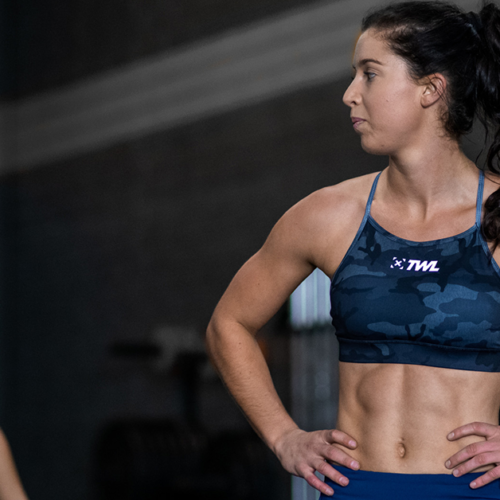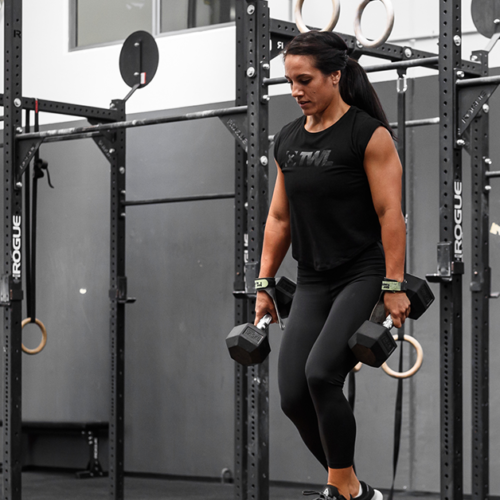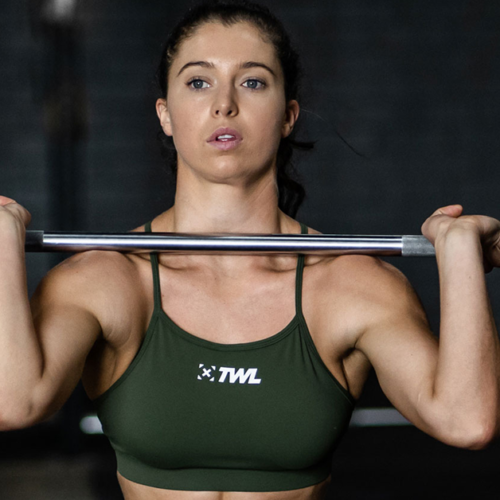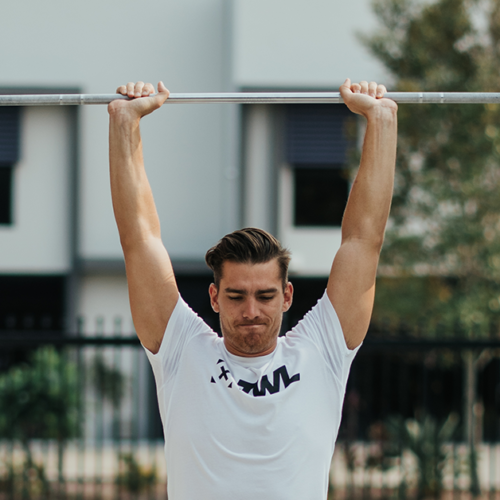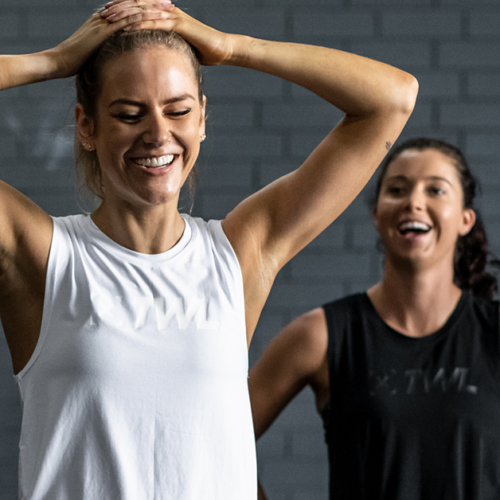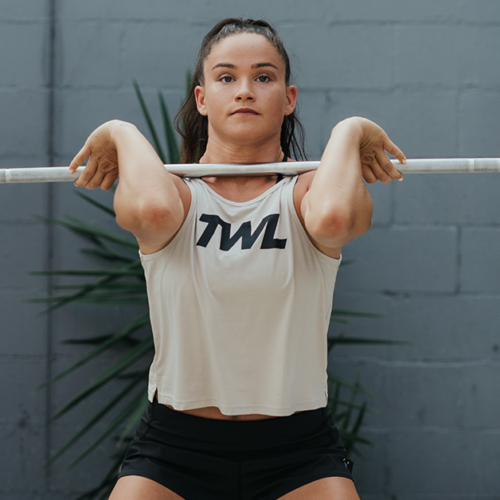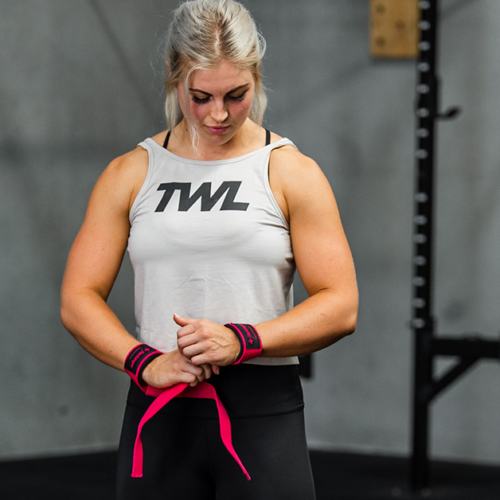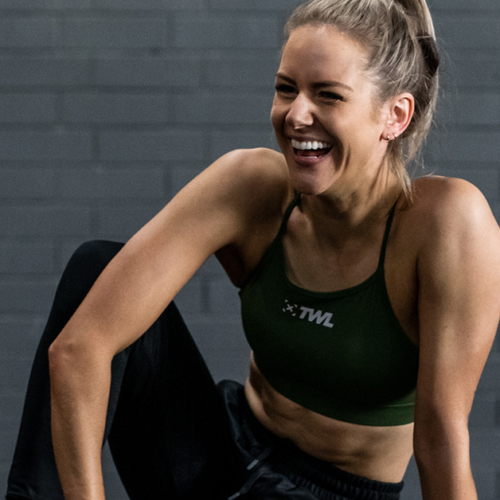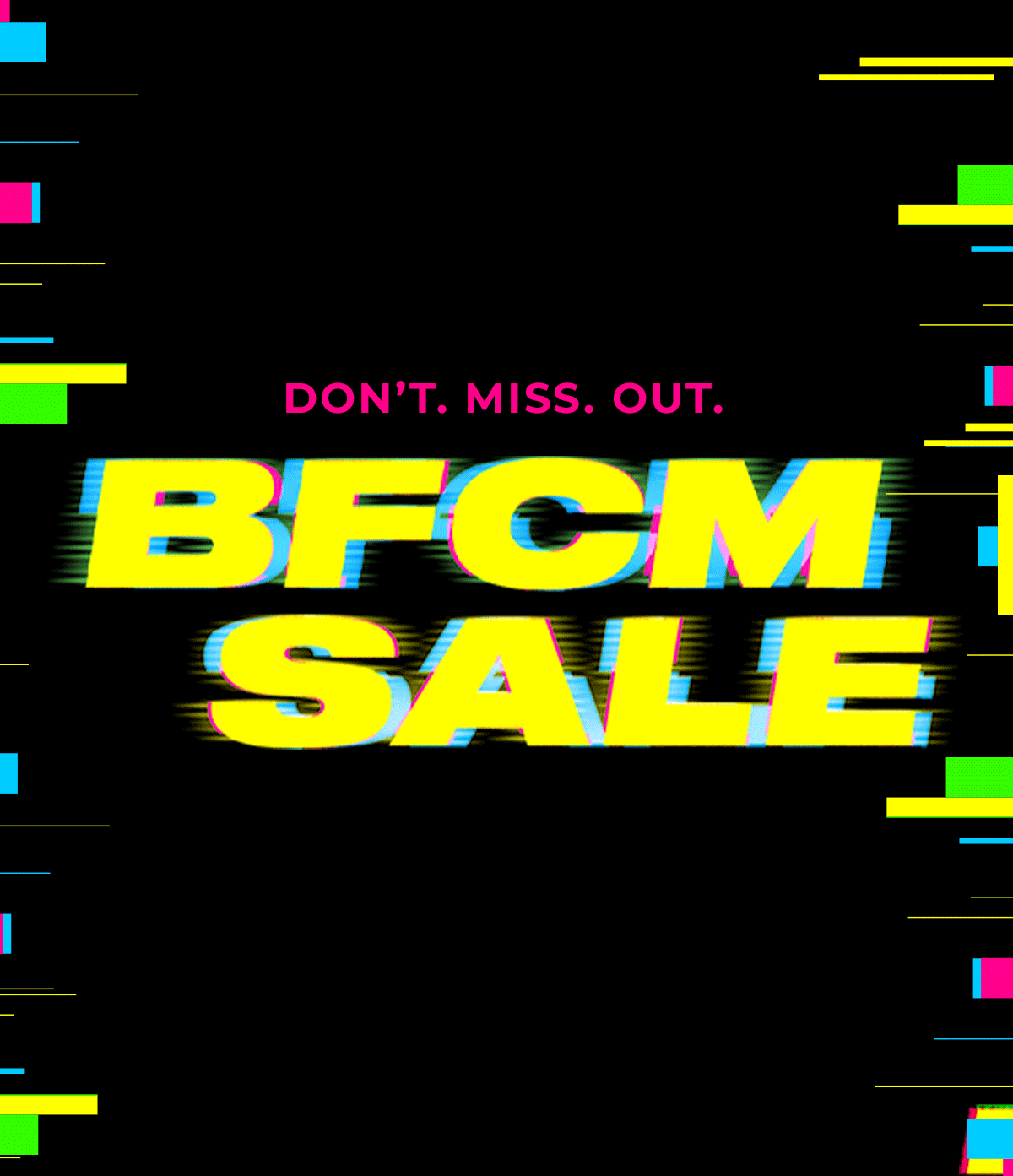“Eat Meat and Vegetables, Nuts and Seeds, Some Fruit, Little Starch and No Sugar.”
The Paleo Diet is one of the foundations of the nutrition of the CrossFit Athlete and the surrounding lifestyle. As a consideration of “quality” rather than quantity, The Paleo Diet provides us as CrossFit Athletes with a framework to which athletes can maximise their performance and improve their recovery.
The WOD Life catches up with Paleo Guru, Ivy from the well known Paleo in Melbourne Community. Ivy walks us through the Paleo Diet and it’s application for the CrossFit Athlete.
Ivy, thanks for taking the time to catch up with The WOD Life. Can you share with us your background and your introduction to Paleo?
Thanks for having me! I had my 3rd child in November 2010, and I couldn’t recover after the pregnancy. My body was in absolute crisis. I had gained 30 kilos that I couldn’t shift despite breastfeeding, and I was experiencing strong burning stomach pains 1-2 hours after meal-time, all day every day. As you can imagine, I didn’t put up with this for long before I saw a GP and a specialist. Long story short, all the tests came back clear; there was nothing wrong with me.
In a last desperate attempt to get to the bottom of all my health issues I asked the specialist what he thought it could be. He simply suggested food allergies. I did my own research, and concluded that I had developed a bad case of leaky gut/intestinal permeability. I started seeing a naturopath, changed my diet to Paleo and started the long journey towards the recovery of my health and body. The first page I found was Mark’s Daily Apple, and I haven’t stopped reading or researching since. It’s been nearly 2.5 years since I went Paleo and I’m still going strong!
We are sure that this is the most common question you receive, “What is Paleo”? Are you able to give us your quick definition?
Paleo is a way of eating where we remove the most common gut-irritants found in the modern diet (think processed sugar, grains, soy and vegetable oils) as we believe they cause major inflammation in the body. The theory goes that we return to eating the staples from before humans started agriculture (ca 10 000 years ago).
To keep it simple I like to say that we avoid processed foods! We eat whole, unrefined foods the way nature intended: meat, fish, poultry, veggies, fruit, berries, tubers, nuts and seed as well as a good range of healthy fats like coconut oil, ghee, butter, avocados, olive oil and macadamia oil. While we are not trying to re-enact the cavemen era, we do eat food that our great-grandparents would recognize as food, minus the bread.
What do you believe are the five best benefits to adopting a Paleo Diet?
1. Big reduction in inflammation
2. Better cholesterol lipid- profile (think low triglycerides but higher HDL, the good cholesterol)
3. Pro-longed energy (no longer a need to eat every 2 hours!)
4. Increase muscle-mass while reducing stored body fat
5. More stable and happier moods, plus a higher sex-drive
The hardest part is often changing your lifestyle and eating patterns and transitioning onto the Paleo style diet. What are your five tips for those who are wanting to start but don’t know where to begin?
1. Educate yourself. The more you know the more reasons you have to make the change. I can recommend some amazing Paleo-books and blogs that will help you on your way: knowledge is power
2. Follow my page and join my events, most are designed for beginners; or participate in events arranged by your local Paleo Meetup- group (can be found on meetup.com) or CrossFit-box. Meeting likeminded people makes it easier to transition, and it’s more fun doing it together as a group.
3. The first thing that has to go is sugar, and I found that going cold-turkey was the best option. Once sugar is out it’s much easier to clean up the rest of your diet
4. Start shopping at local markets or famers markets, they are cheaper and have local, seasonal produce.
5. Do a Whole30 or 30-day Paleo-challenge when you officially start, because that’s the easiest way to see how good you can really feel on a whole foods-diet. After that it’s nice to follow a 80/20-principle, you don’t want Paleo to be about deprivation or punishment, but good health
Paleo is huge in CrossFit circles, with many affiliates running “Paleo Challenges”. How do you believe that Paleo is relevant to the everyday CrossFit athlete?
CrossFit is very intense and hence stressful on the body. By eliminating major stressors like highly inflammatory foods, your body will have a much easier time recovering and performing in the box. If you fuel yourself right, you will perform better. You are also less injury-prone if you eat Paleo. But keep an eye on your sleep, stress-management and rest too: all important factors of recovery, and a big part of the Paleo lifestyle principles.
One consideration for Paleo is the application of this style diet for the competitive, professional CrossFit athlete. Consideration that the Paleo diet does not provide sufficient calories for a professional athlete. What do you believe are some easy ways to adapt the Paleo diet for a competitive athlete to assist with the heavy training and caloric demands?
I suggest lots of tubers like sweet potatoes, taro, yams and occasional white potatoes (peel them to get rid of anti-nutrients in the skin), white rice and fruits like banana, melons and apples, especially when they are in season over the summer-months. You need more carbs when you perform on that level. In order to up your calories you can crank the good fats too, like smoothies made with coconut milk, and making sure you’re meals high in good protein and veggies, covered in good fats.
It can be hard to fit all the food in, so there are options out there like cleaner protein-powder blends. Some are dairy-free, like 180Nutrition, others are clean whey-protein powders from grass-fed cows, like BareBlends and Professional Whey. I don’t suggest consuming dairy unless you have no known issues with it. The best way to find out is to do 30 days without, then re-introduce it so see exactly how your body reacts.
That is a great round up! As many people look to get more educated on the topic, what are some good resources they can visit to learn more about the Paleo Lifestyle?
I’m going to start with some of the great Australian resources we have, lucky for us, Paleo is a growing movement locally!
Irena Macri is Sydney-based and has some amazing and flavorsome recipes on her blog. She also has a new cook-book out, I highly recommend it.
Sarah Wilson has a great resource for those that need to kick the sugar-habit, and most of the recipes are paleo-friendly. In general Sarah offers a lot of useful tips.
https://www.facebook.com/whole9southpacific
What better way to start a Whole30-challenge than by getting our local Whole9-team into the box for a full-day seminar? I have attended one of these myself, and the information is always up to date and interesting. I dare say it’s totally mind-blowing for the people who have never heard of Paleo before!
http://www.marksdailyapple.com/
The site that saved me. Mark Sisson has written about it all and has a wealth of knowledge and easy-to-read articles on a wide range of Paleo-relevant topics including diet, recipes, success stories, training, recovery, stress, happiness and everything else in between. I also recommend his books; they are amazing for people just starting out.
Who is Paleo in Melbourne?
PiM is run by Norwegian expat in Melbourne, Ivy Thompson. She is a mother of 3, wife, the family-chef and passionate about eating clean, healthy and often fermented Paleo-foods (it’s not as gross as it sounds!). . A graphic designer and marketer by trade, her own Paleo- journey started in June 2011: Years of poor eating-habits, yo-yo dieting and 30+ courses of antibiotics had created havoc with her body and health.
The solution and part of the healing-process was to go Paleo, and she hasn’t looked back since. While her main-focus was to regain her health and heal herself from leaky gut syndrome, she also lost a sweet 23 kilos in the process.
These days Ivy is busy mothering, lifting heavy weights, cooking up a Paleo storm daily, recording The Primal Shift-podcast and running PiM. She’s organises PiM-events locally like classes, seminars and work-shops and speaks at CrossFit-boxes. Ivy’s popular PiM Facebook-page keeps you in the loop with anything new from the local and international Paleosphere as well as updates from the PiM-blog and site.
Where can I find out more about Paleo in Melbourne?
WEBSITE > http://www.paleoinmelbourne.com/
FACEBOOK > https://www.facebook.com/PaleoInMelbourne

